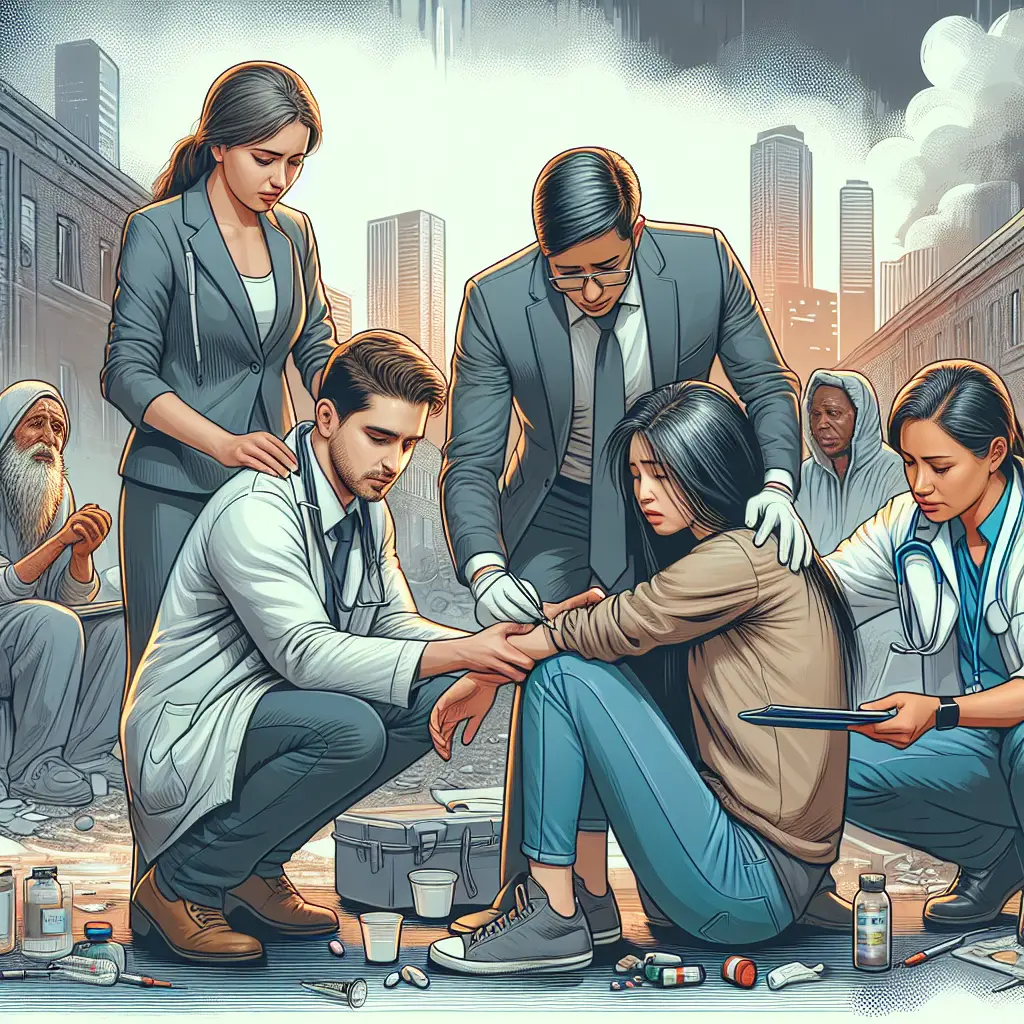Crisis Response Teams
Description
Understanding the Role and Importance of Crisis Response Teams
Definition
Crisis Response Teams (CRTs) are groups of professionals trained to address the immediate needs of individuals experiencing a crisis related to homelessness, mental health, substance use, or other emergencies. The teams provide a quick assessment, intervention, and connection to ongoing support services.
Description
Crisis Response Teams are specially trained teams of professionals, typically in the fields of social work, mental health, law enforcement, or related fields. These teams are typically dispatched to respond rapidly to individuals experiencing an acute crisis, often related to situations like severe mental health breakdowns, substance use, homelessness, or other emergencies. Their primary goal is to stabilize individuals during these crises and connect them to a network of long-term support services to address the root cause of the crisis.
Objectives
- Offer immediate crisis intervention and stabilization
- Connect individuals to longer-term support services
- Prevent situations from escalating into a greater emergency that may require police involvement or hospitalization
- Promote health and well-being among vulnerable populations
Mechanisms
- Provision of on-the-spot mental health and substance use assessments
- Provision of immediate counseling or mental health support
- Referral to other health care or social services as appropriate, including housing resources for those experiencing homelessness
- Collaboration with law enforcement, hospital emergency departments, and other services where necessary
Benefits
- Reduced demand for emergency services
- Reduced hospitalization and prison rates
- Improved immediate and long-term outcomes for individuals in crisis
- Enhanced community trust and safety
Challenges
- Difficulty in securing sustainable funding
- Coordination with other health and social services
- Addressing the complexities and the underlying causes of crises
- Ensuring adequate training and skills among team members
Examples
- Many cities in the US have implemented CRTs in collaboration with their police departments, such as the Crisis Intervention Team (CIT) model in Memphis.
- The CAHOOTS program in Eugene, Oregon is a widely recognized example of a community-based CRT, responding to a range of crises including homelessness and mental health emergencies.
- In Calgary, Canada, the Police and Crisis Team (PACT) is a specialized CRT that pairs police officers with mental health professionals to respond to mental health-related emergencies.
Further Reading
- “Mobile Crisis Intervention Services: A Strategy Brief”, available at https://www.unomaha.edu/college-of-public-affairs-and-community-service/center-for-public-affairs-research/documents/strategy-briefs/2015-crisis-intervention.pdf
- “The Effectiveness of Crisis Intervention Teams”, available at https://pubmed.ncbi.nlm.nih.gov/29064760/
Please remember that the given links provide comprehensive insights about the topic and its various aspects in different areas.



